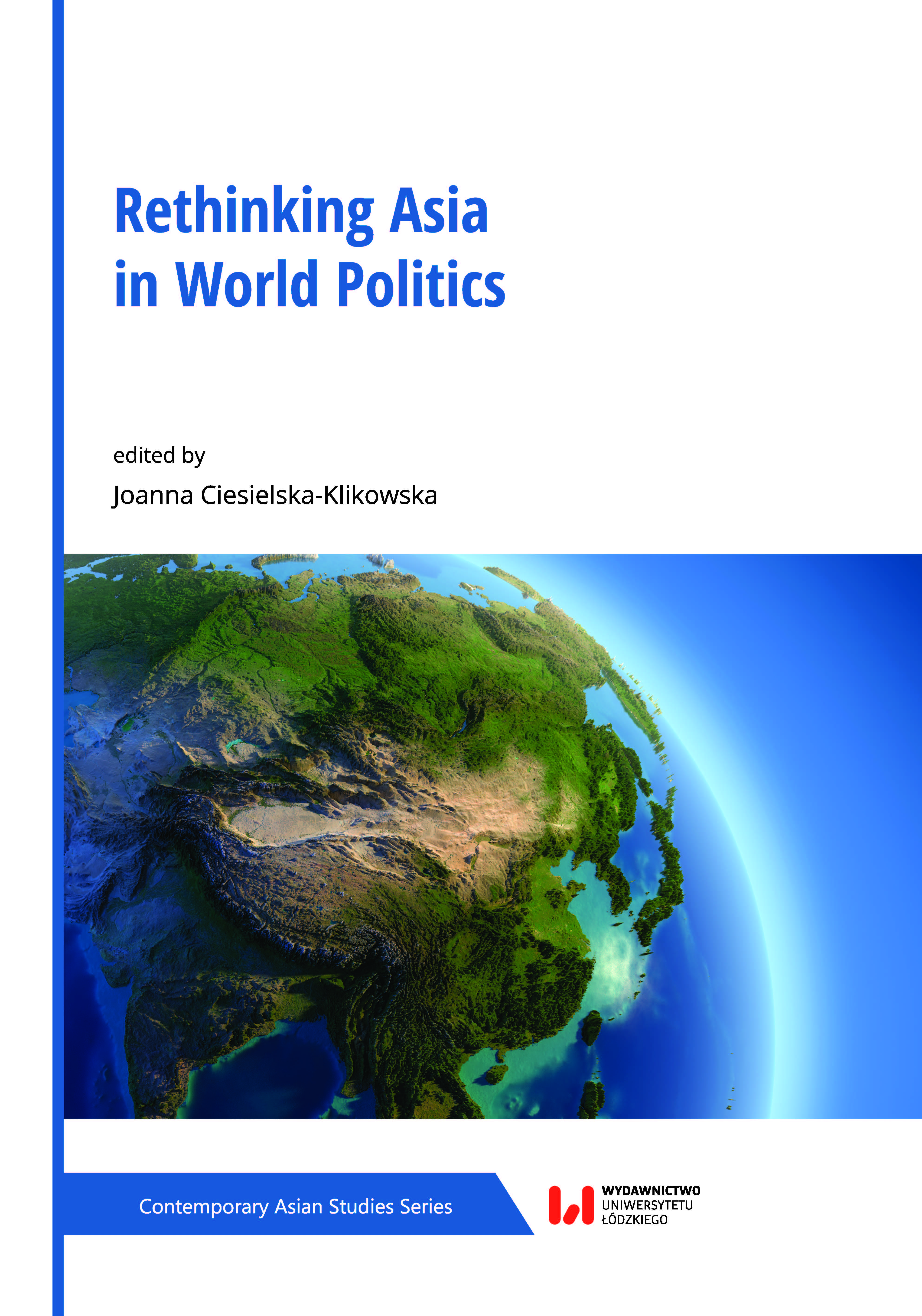Proliferation of RTAs in the World Economy as a Consequence of the Crisis within the WTO – the Case of Agreements between the EU and ASEAN Countries
Proliferation of RTAs in the World Economy as a Consequence of the Crisis within the WTO – the Case of Agreements between the EU and ASEAN Countries
Author(s): Elżbieta Majchrowska
Subject(s): Politics / Political Sciences, Politics, Political Sciences
Published by: Wydawnictwo Uniwersytetu Łódzkiego
Keywords: ASEAN; EU; FTA; RTA; WTO
Summary/Abstract: Proliferation of RTAs in the World Economy as a Consequence of the Crisis within the WTO – the Case of Agreements between the EU and ASEAN CountriesThe ever-expanding and progressive crisis in fulfilling its key roles by the World Trade Organization (WTO) is the main reason behind the proliferation of Regional Trade Agreements (RTAs) all over the world. The growing trend in this regard could also be observed in actions taken by the European Union. The EU’s current policy of diversification and intensification of trade relations involves mainly the conclusion of numerous Free Trade Agreements (FTAs). A clear tendency, in this context, is a special interest in markets of the Asia-Pacific region, owing to their enormous economic potential. Of particular note, in this context, are the bilateral agreements concluded with countries of the ASEAN group, which, as a whole, constitute EU’s third largest trading partner outside Europe. These agreements, leading towards restarting negotiations of the ambitious region-to-region FTA with ASEAN, are particularly significant to reinforcing EU’s position in this economically important area, also, in light of other crucial agreements concluded in the region, such as the Regional Comprehensive Economic Partnership (RCEP) or the Comprehensive and Progressive Agreement for Trans-Pacific Partnership (CPTPP). Ensuring better access to the dynamic ASEAN market is a priority for the EU. This region is critical to European economic interests, which was emphasized in the trade and investment strategy for the EU – “Trade for All,” presented in 2015. In the face of the multilateral crisis within the WTO, the EU, as the most active participant of RTAs in the world economy, will, therefore, concentrate onimplementing its current policy and activities in this regard – negotiating RTAs. This solution, owing to its discriminatory nature, further complicates world trade, however, on the other hand, it grants the EU greater bargaining power. Changing this situation requires reforming the WTO and rebuilding the organization’s position in the world trade system.
Book: Rethinking Asia in World Politics
- Page Range: 119-148
- Page Count: 30
- Publication Year: 2023
- Language: English
- Content File-PDF

